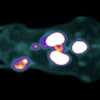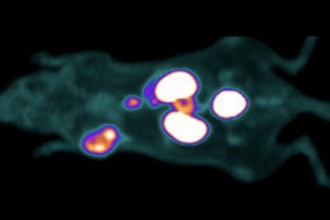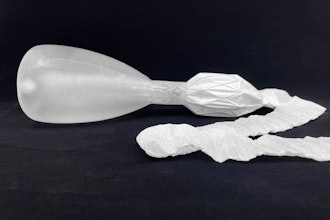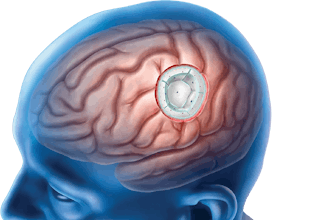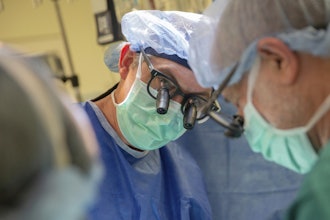
Montefiore Health System in the Bronx said it has performed the world's first HIV-positive to HIV-positive heart transplant.
The patient, in her 60s, suffered from advanced heart failure and received the life-saving donation, along with a simultaneous kidney transplant, in early Spring. After the four-hour surgery, she spent five weeks recovering in the hospital and now sees her transplant physicians at Montefiore for monitoring.
Montefiore is one of only 25 centers in the United States eligible to offer this complex surgery, having met prior surgical benchmarks and outcomes set by the Organ Procurement and Transplantation Network. Its Heart Transplantation Team is internationally renowned for spearheading innovative methods, like transplanting a heart from a donor who died after their heart stopped beating– a novel approach that has the potential to save hundreds more people in need of a new heart each year.
"The goal of the Montefiore heart transplant team is to constantly push and establish new standards so that anyone who is appropriate for an organ transplant can benefit from this life-saving procedure," said Daniel Goldstein, M.D., professor and Vice Chair, Department of Cardiothoracic Surgery and Surgical Director, Cardiothoracic & Vascular Surgery Cardiac Transplantation & Mechanical Assistance Programs, Montefiore and Albert Einstein College of Medicine (Einstein).
In 2013, the HIV Organ Policy Equity Act enabled people living with HIV to donate their organs to a HIV-positive recipient, but it has taken almost 10 years for this opportunity to become a reality for heart transplantation.
"Thanks to significant medical advances, people living with HIV are able to control the disease so well that they can now save the lives of other people living with this condition. This surgery is a milestone in the history of organ donation and offers new hope to people who once had nowhere to turn," said Ulrich P. Jorde, MD, Section Head - Heart Failure, Cardiac Transplantation & Mechanical Circulatory Support, and Vice Chief, Division of Cardiology at Montefiore and Professor of Medicine at Einstein.
In the United States, there are between 60,000 and 100,000 people who could benefit from a new heart, however only around 3,800 transplants were performed in 2021.
"This was a complicated case and a true multidisciplinary effort by cardiology, surgery, nephrology, infectious disease, critical care and immunology," said the patient's cardiologist, Dr. Omar Saeed, who is also an Assistant Professor of Medicine at Einstein. "Making this option available to people living with HIV expands the pool of donors and means more people, with or without HIV, will have quicker access to a lifesaving organ. To say we are proud of what this means for our patients and the medical community at large, is an understatement."

